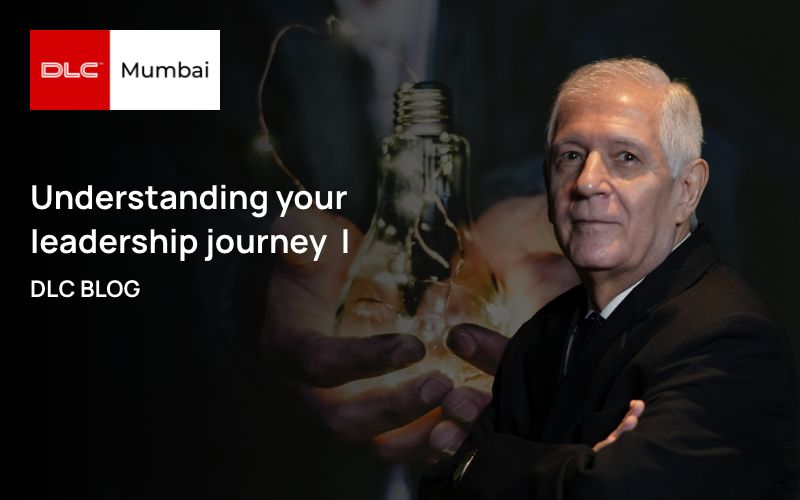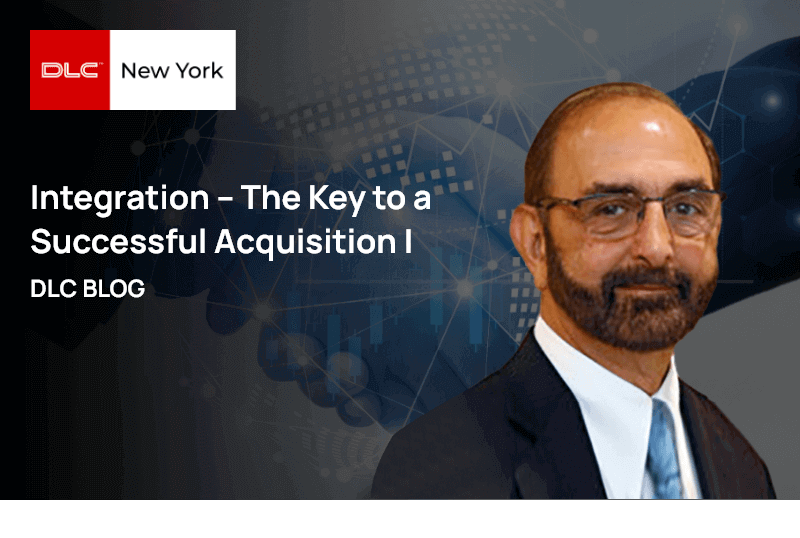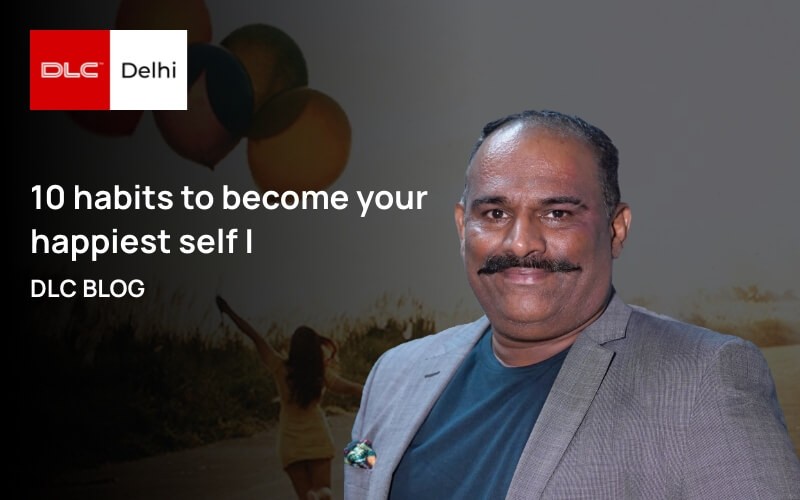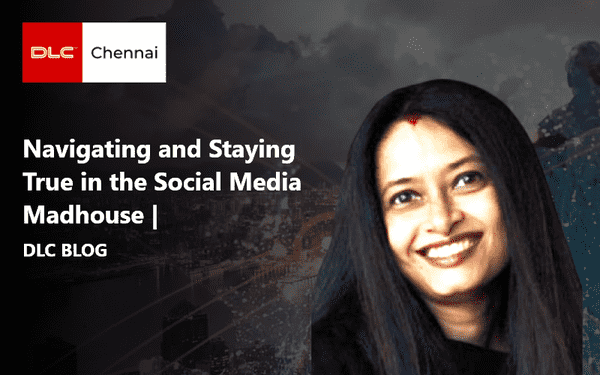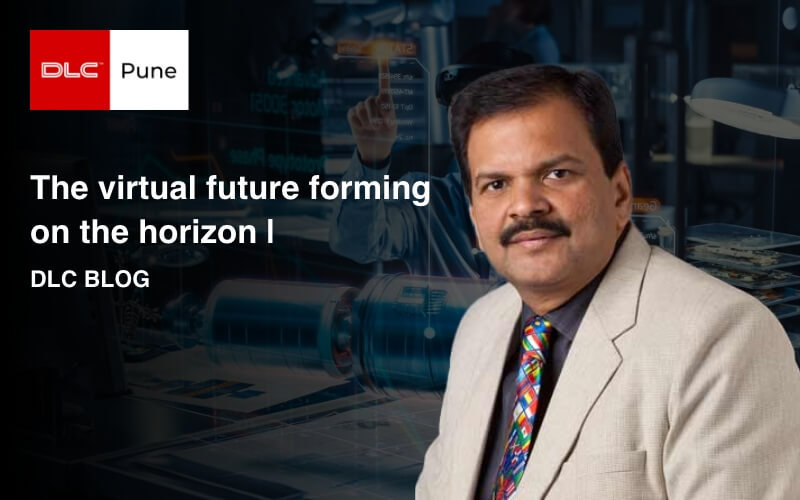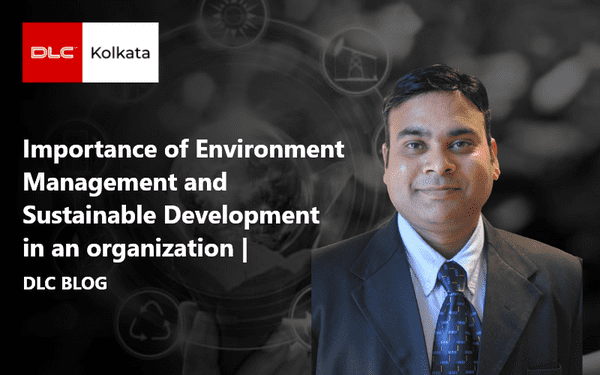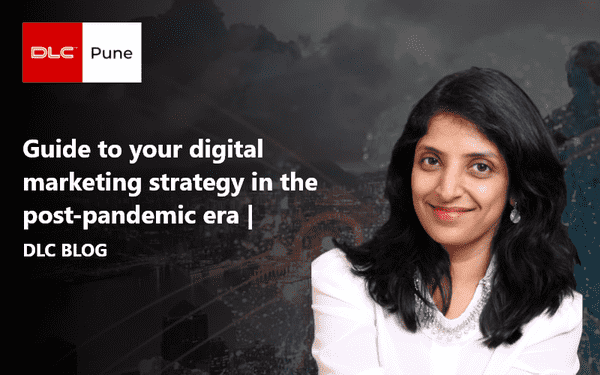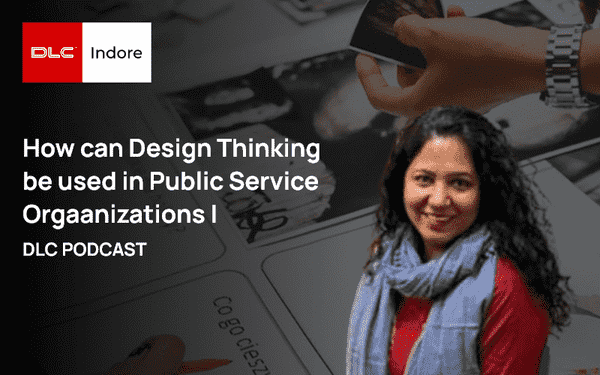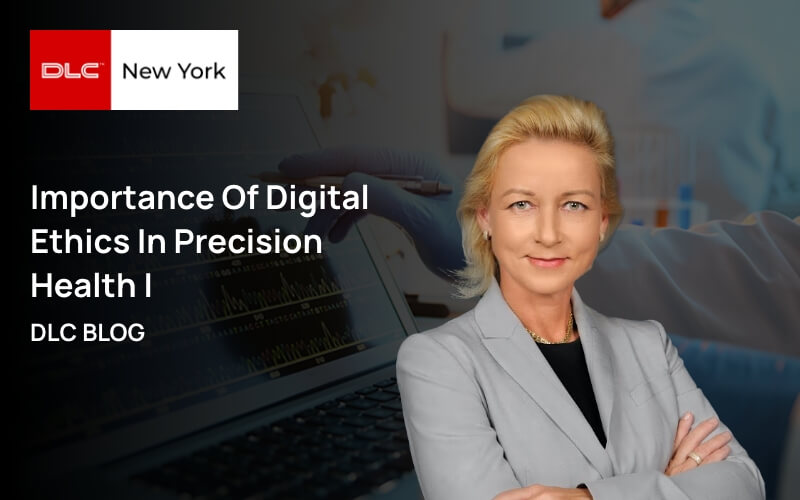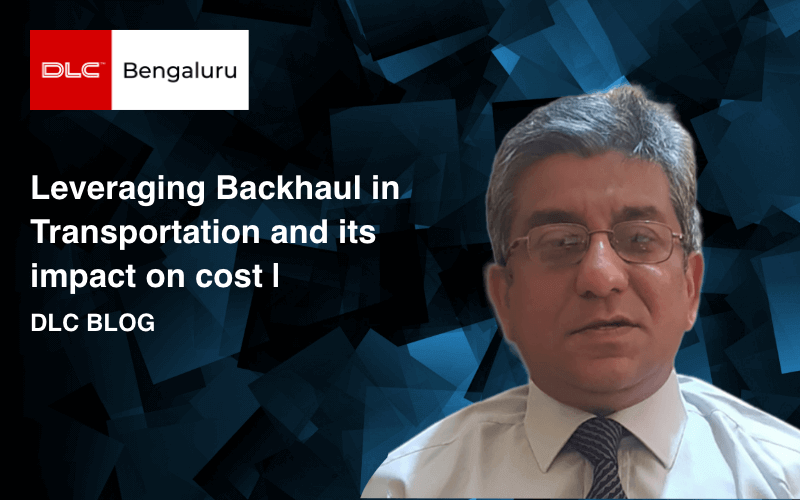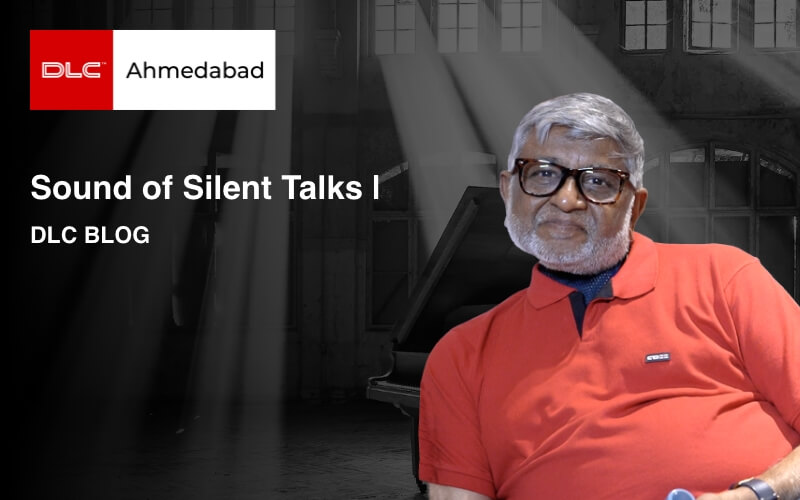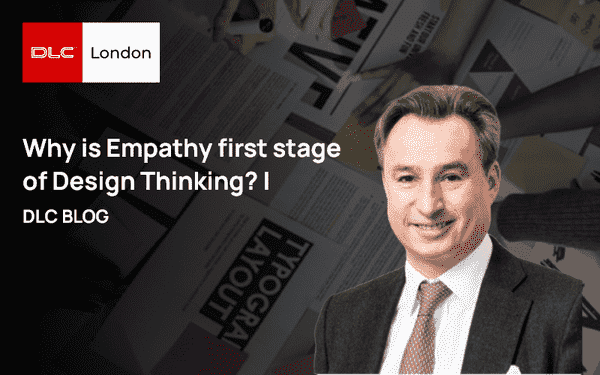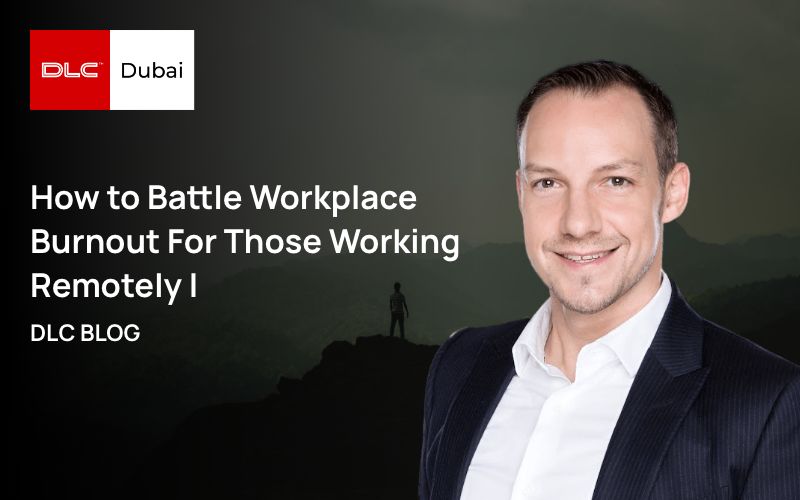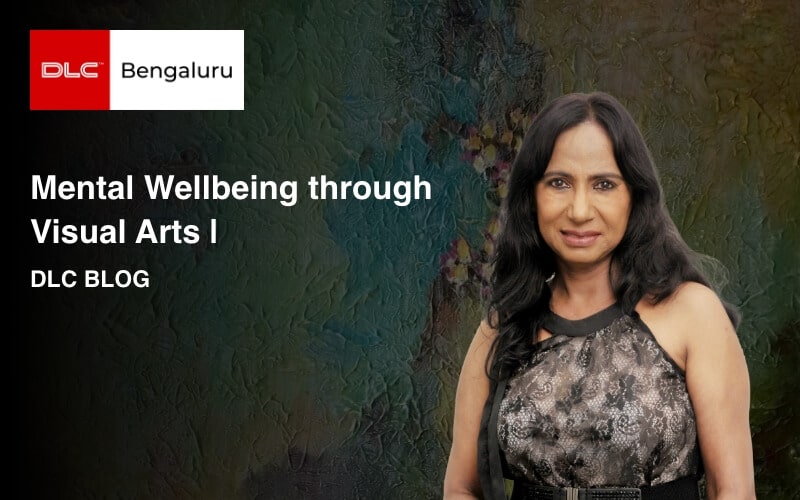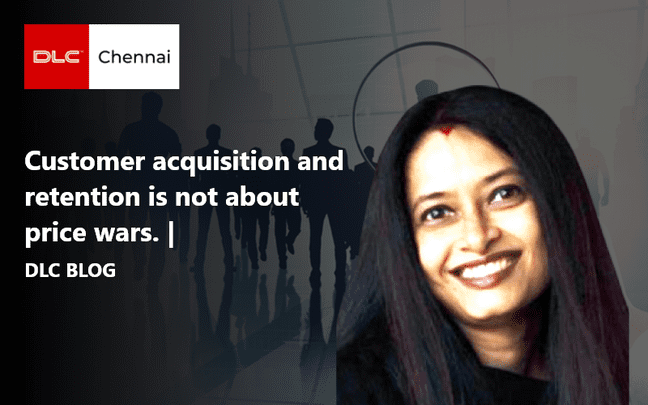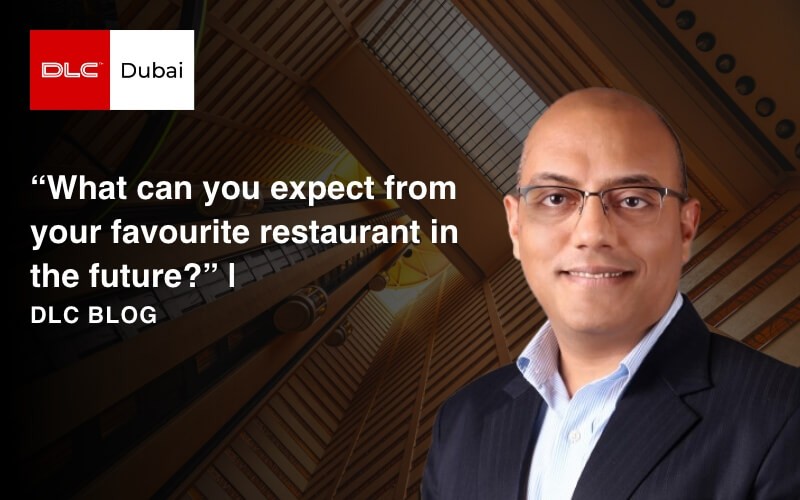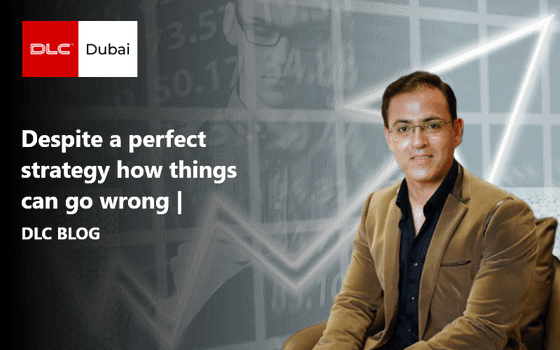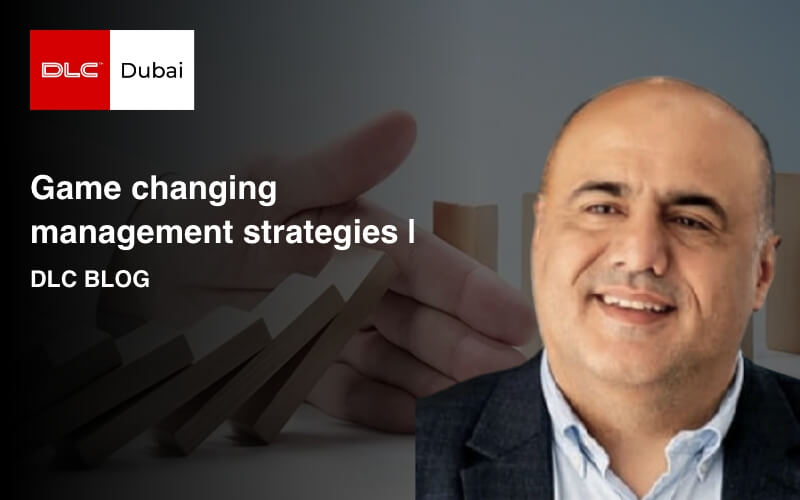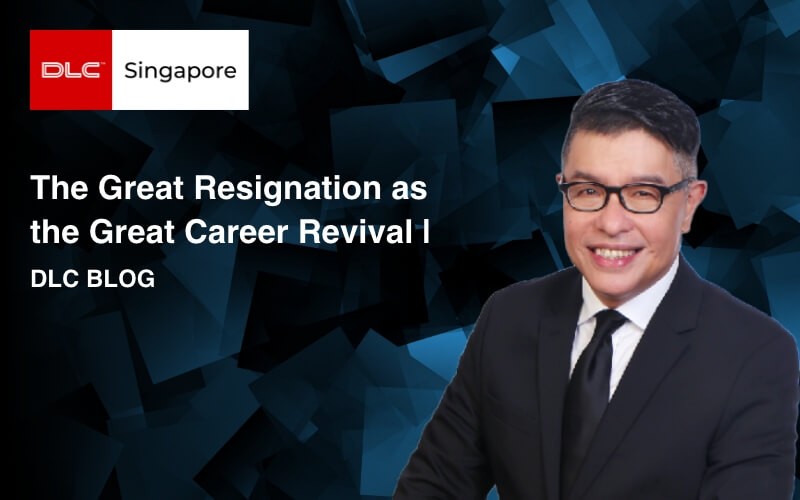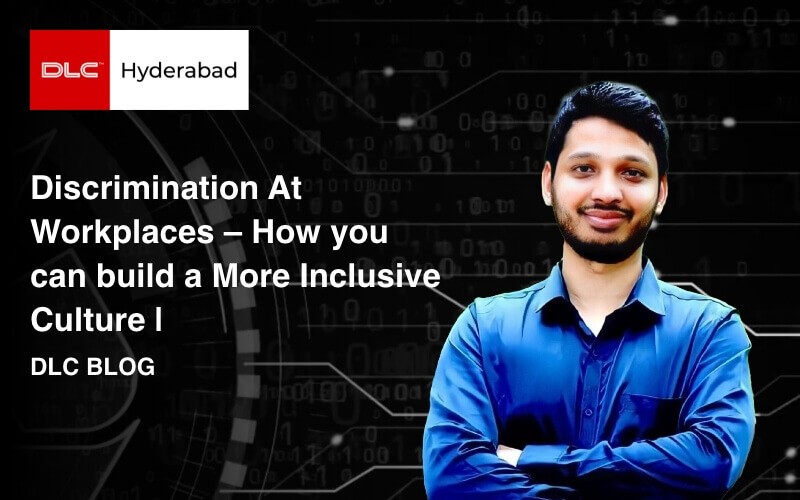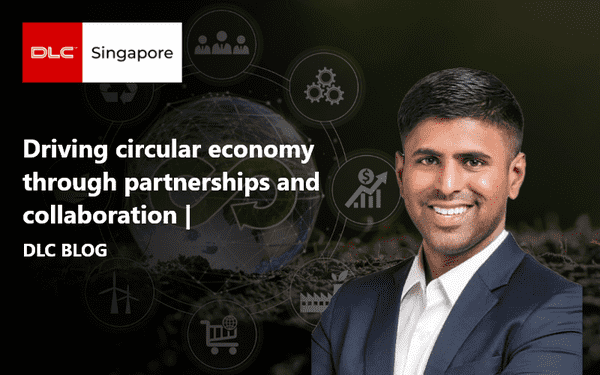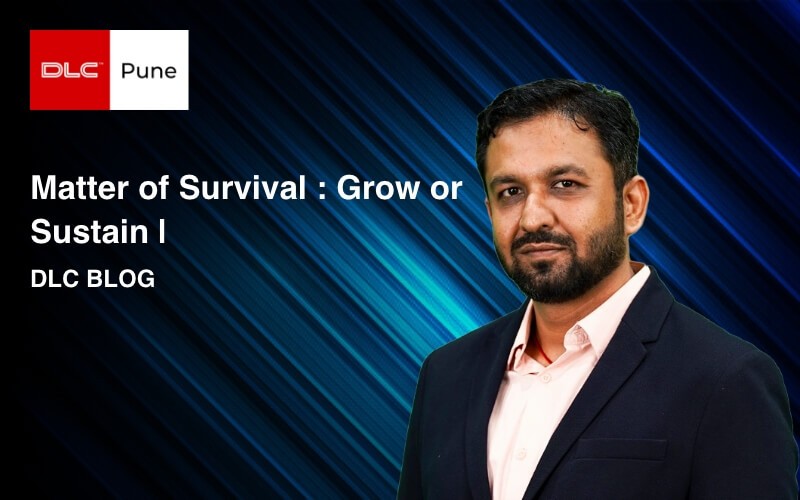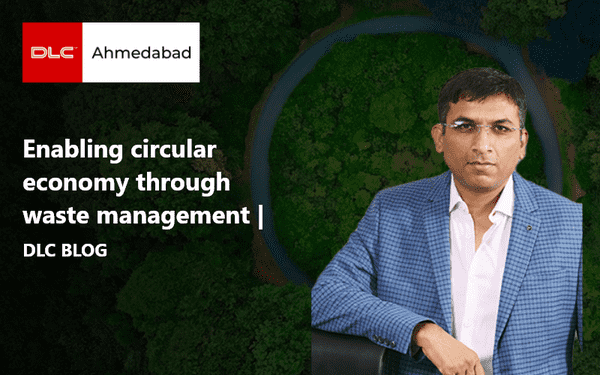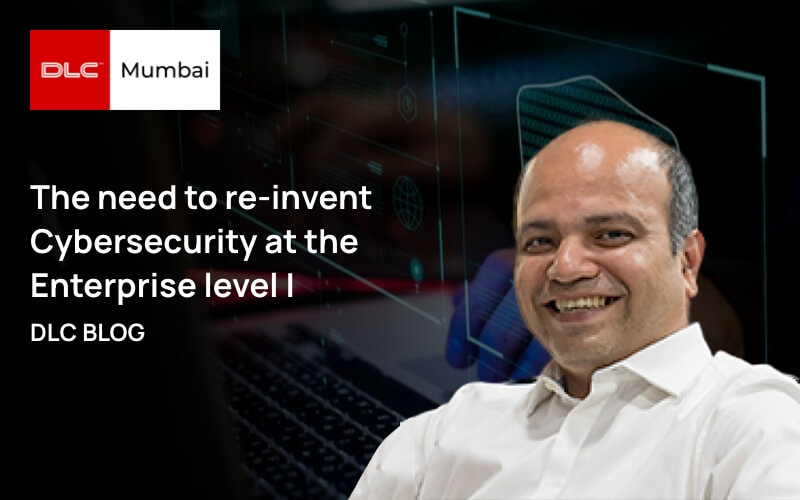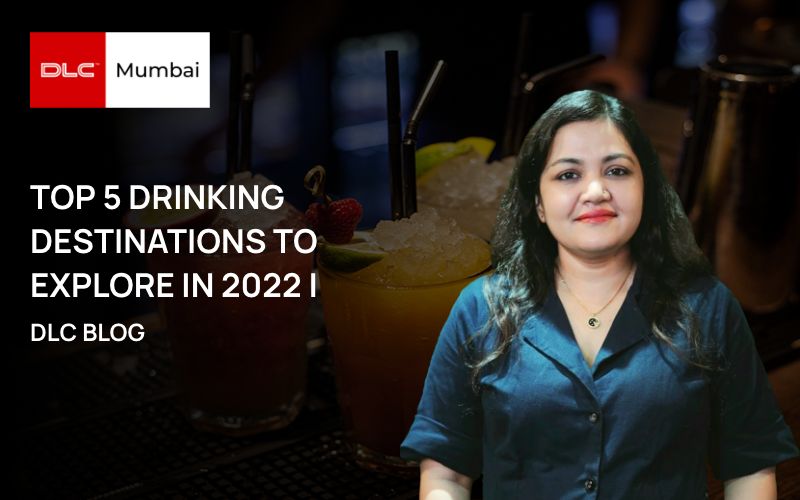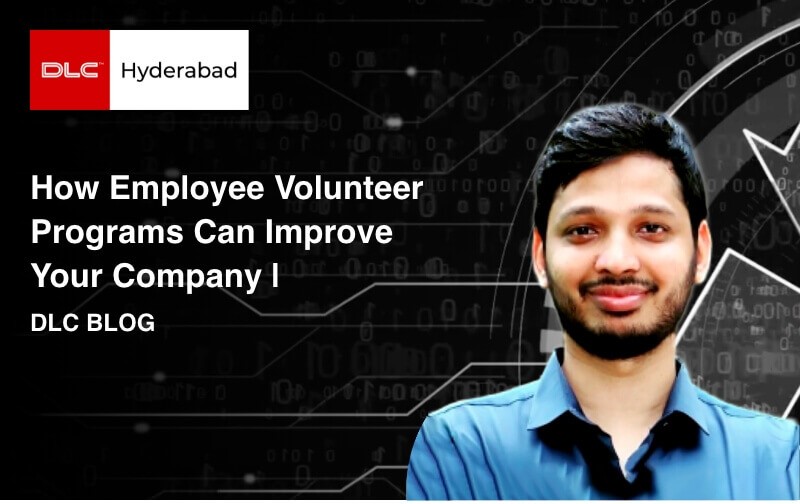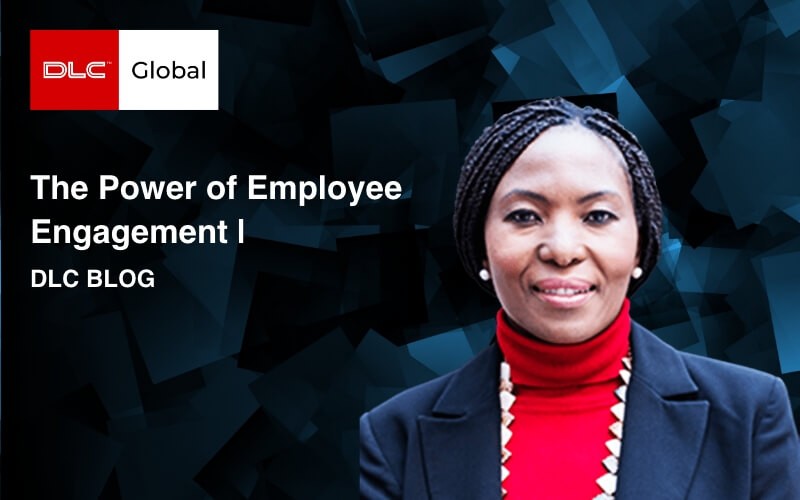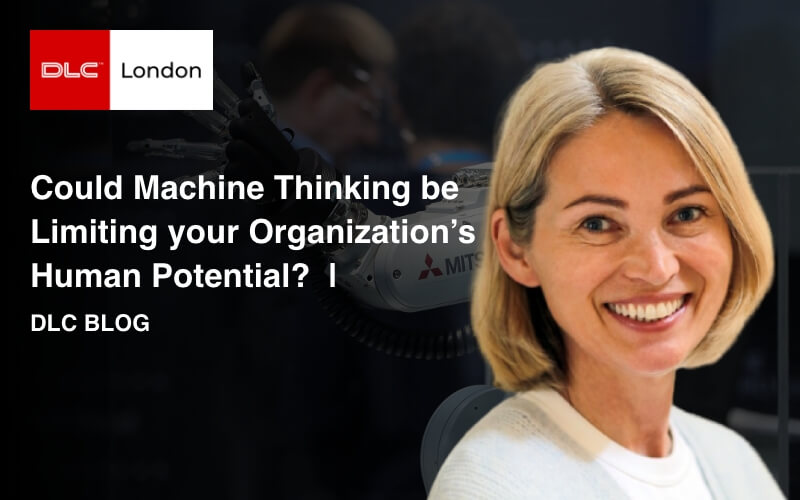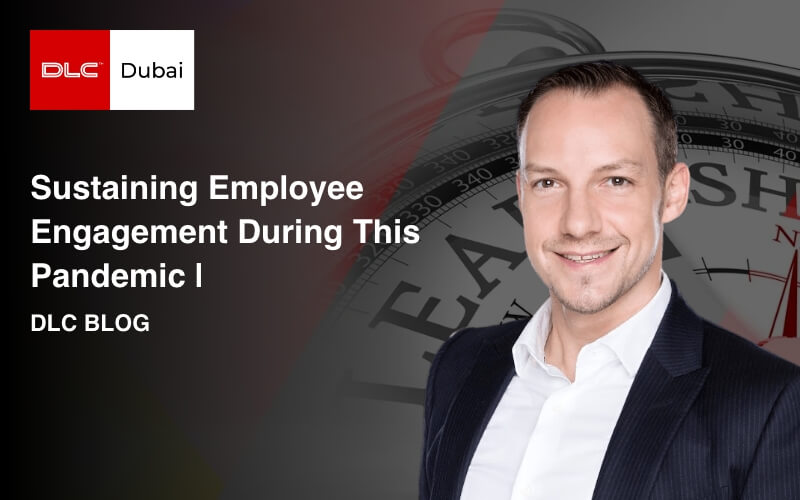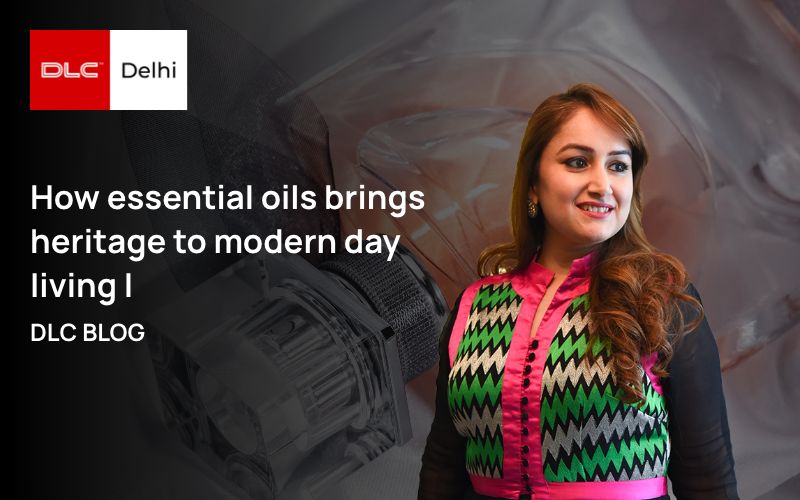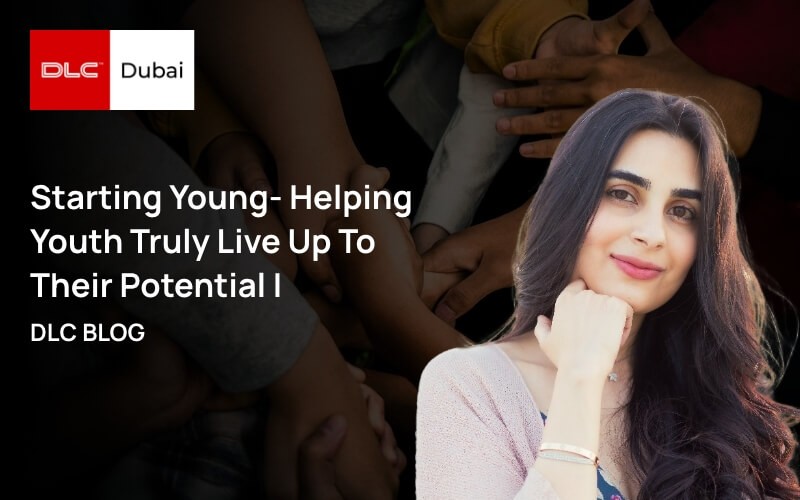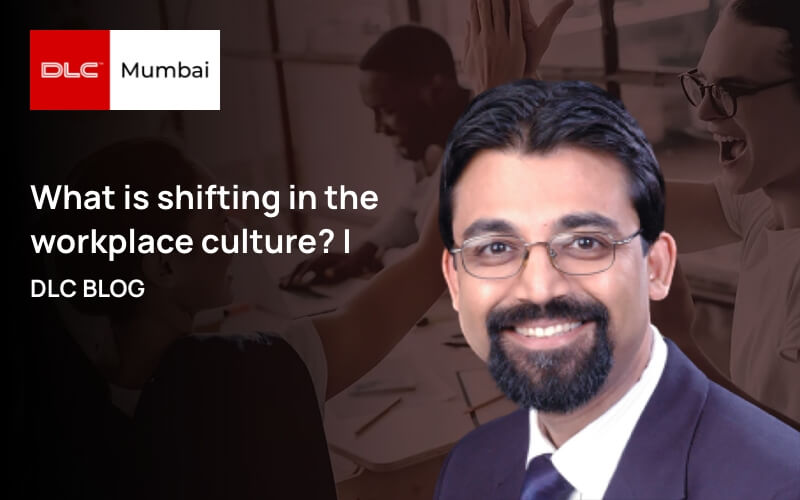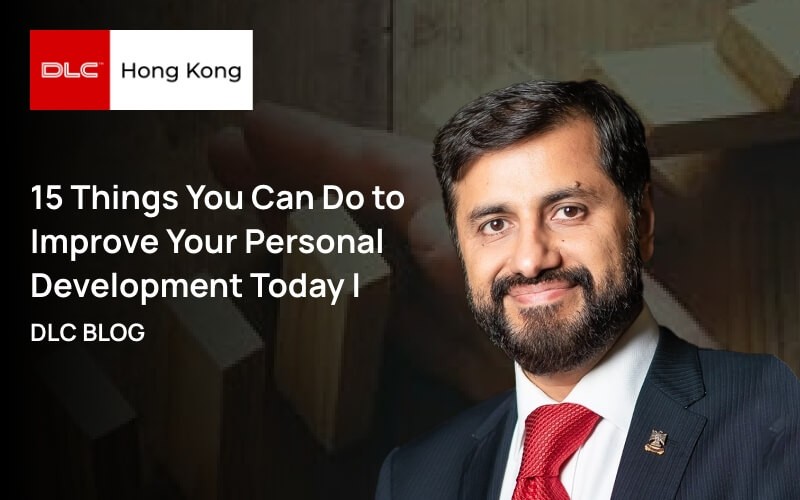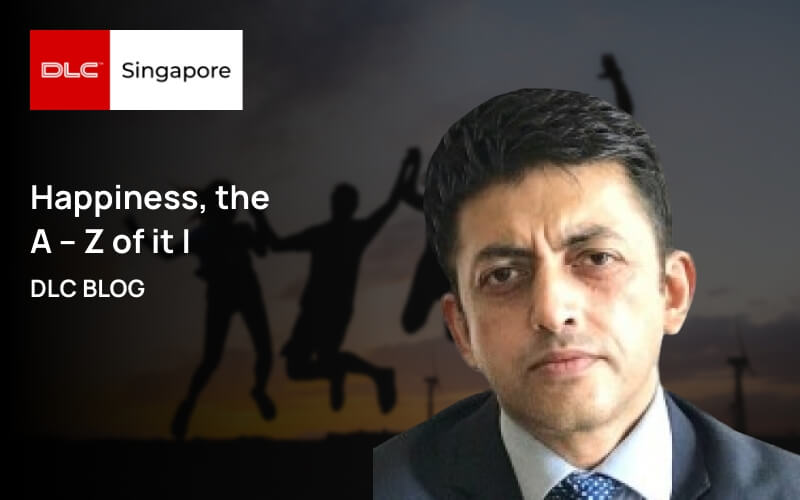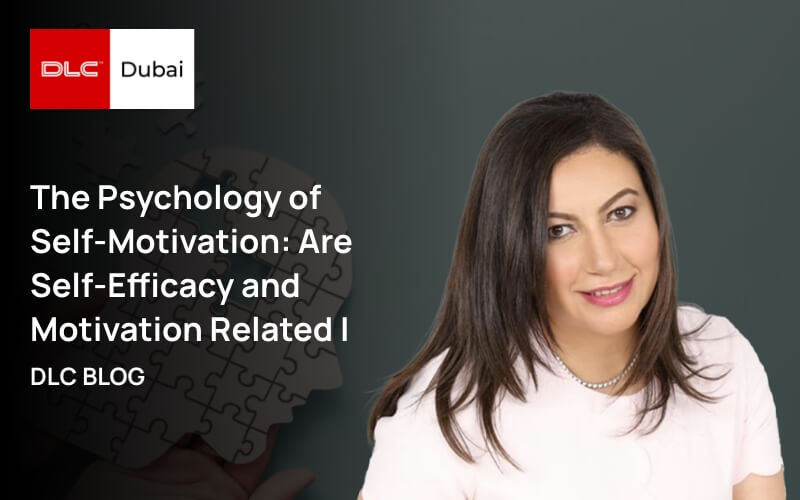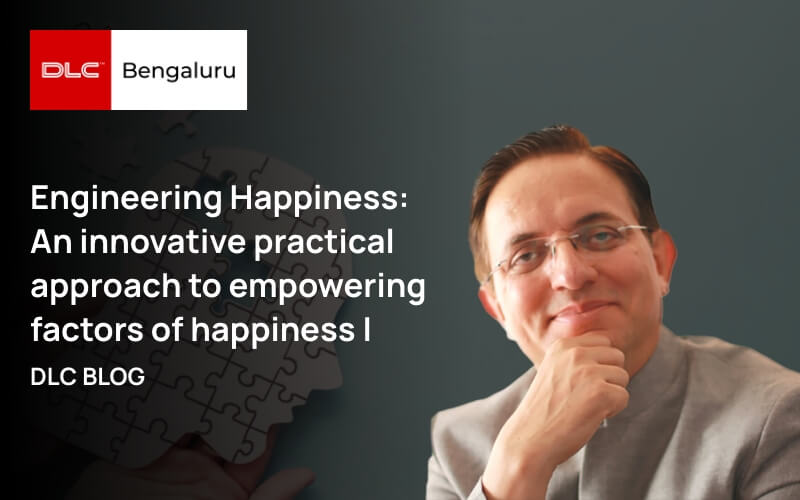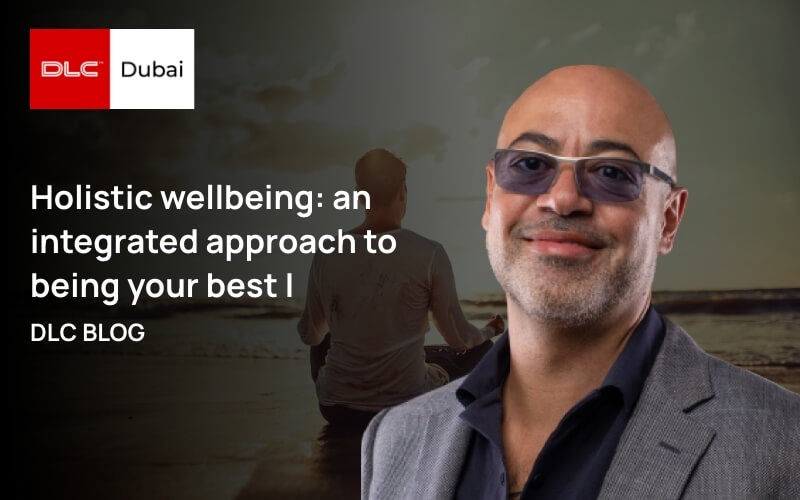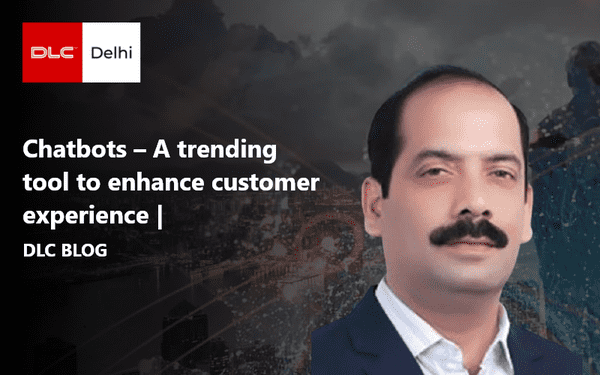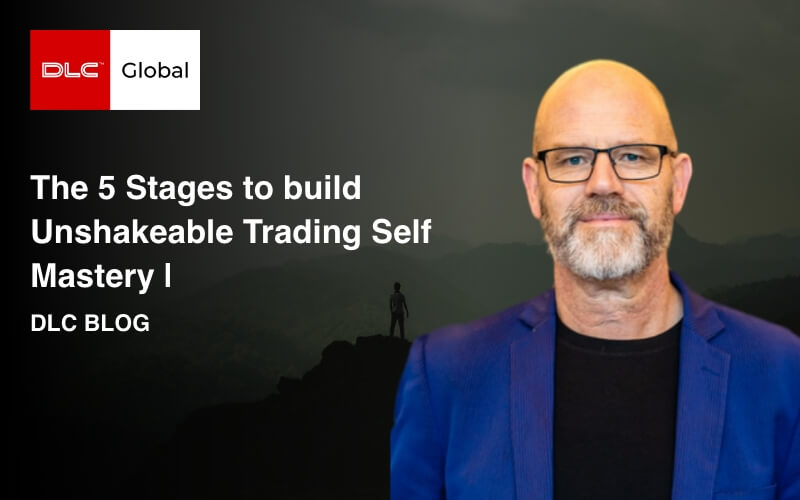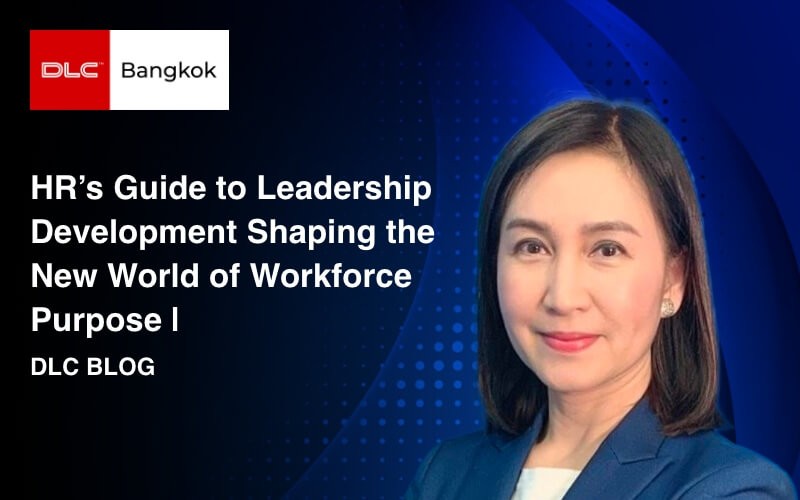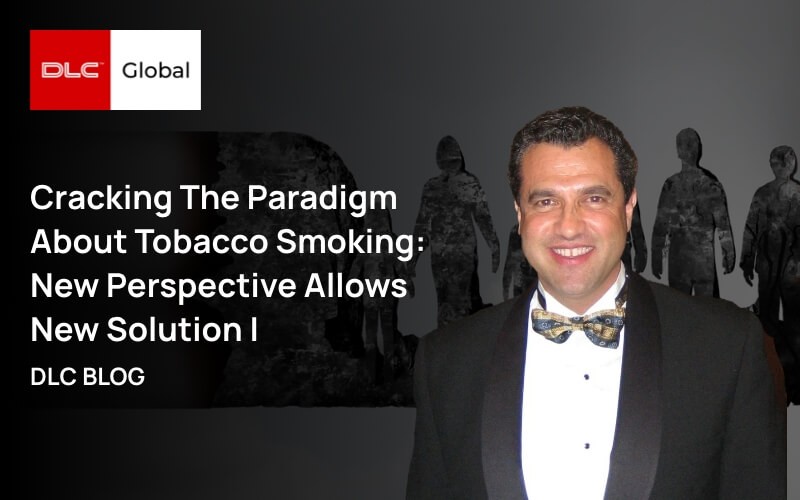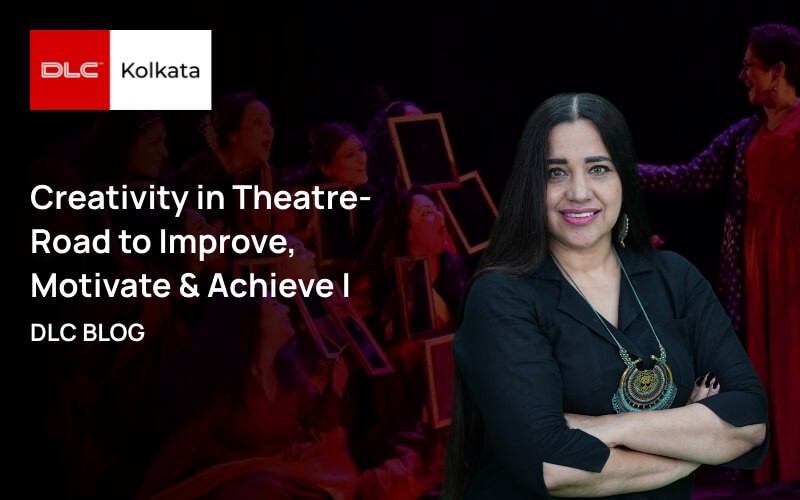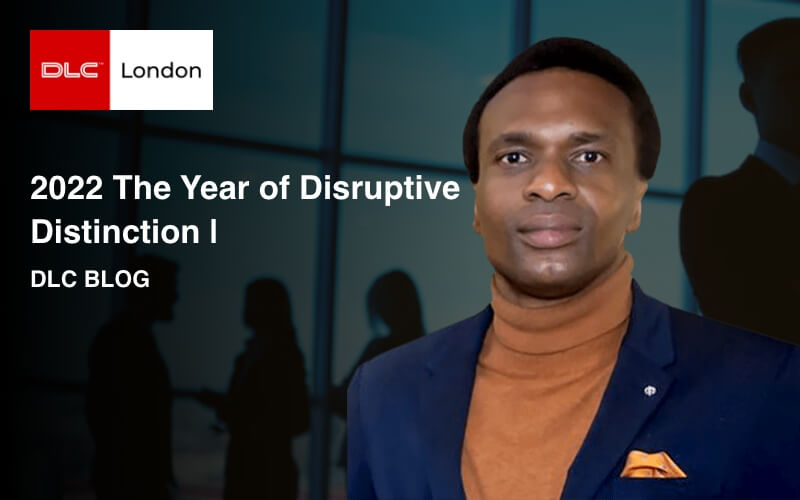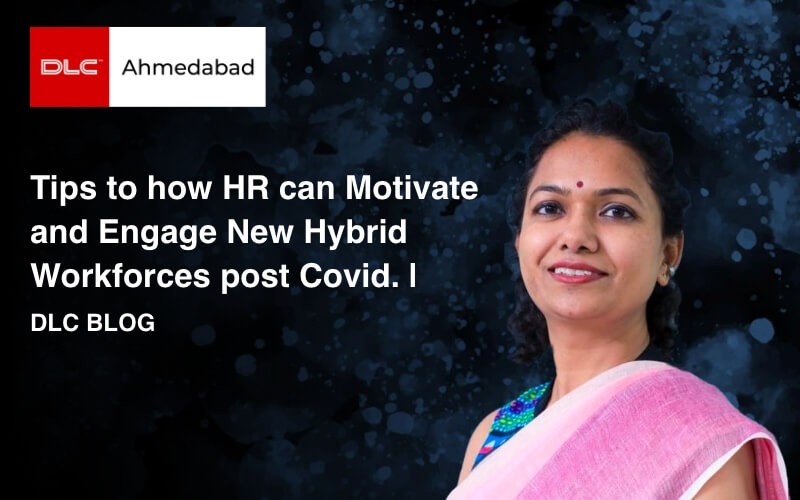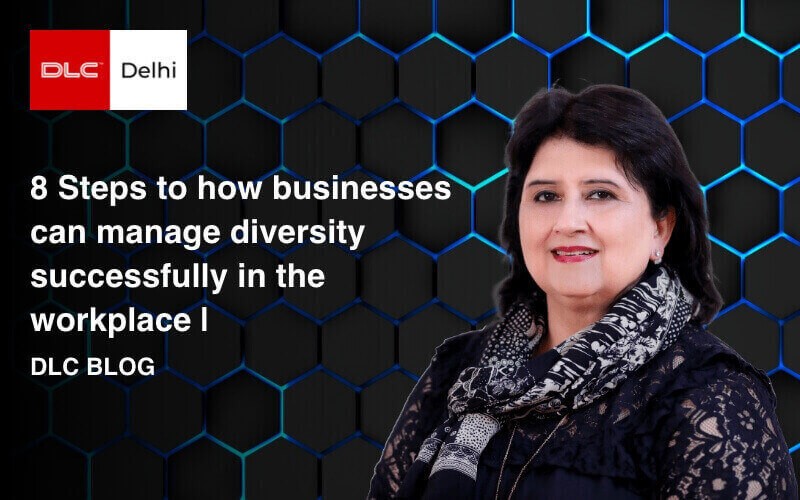

Could Machine Thinking be Limiting your Organization’s Human Potential?
Deborah Hulme
February 25, 2022
There are many things within our organisations that continue to limit human potential on an on-going basis. We spend hours, months and years working to ‘value our most important asset’ and ‘unleash human potential’. Worthy phrases yet sadly, in many instances, remaining just that, worthy phrases.
We continue to look though the wrong end of the telescope and wonder why we can’t see clearly. Even the phrases themselves grate on those they are meant to inspire. ‘I am not an asset, I am a human being. I don’t need you to unleash my potential, I just need you to get out of my way’. It has been the never-ending story for many decades.
And here we are. At an almost unique point in human history. A moment in time when artificial intelligence increasingly touches all aspects of life, while our everyday existence has been shaken to the core following a global pandemic. Challenging? Certainly. Opportunity? That depends on what we do next and no more so than in the workspace.
For decades we have organised people around work and work practices that hark back to the 18th Century. Practices based on hierarchy, structure, process, and standardisation. All very controllable and all very predictable. Today, Innovation, human networks of collaboration, energy and ideas, are essential for organisations to thrive, bringing forth services and products not yet imagined, yet essential for our collective health and that of the planet.
Machine learning will support and continue to drive progress as intelligent machines develop and learn at an exponential rate, taking over roles and activities once performed by humans. All at a speed and accuracy we humans simply can’t match. Consequently, many existing activities and roles will disappear forcing a sea-change in the way we work and develop as humans.
Machines are programmed to achieve certain objectives, for example, speech recognition or translation. They do not have an IQ and they certainly do not, as yet, benefit from emotional, social or attentional intelligences. We humans have the full range of intelligences and can do many different things alongside rational, logical thought. We are emotional beings, vibrating with creative energy and a deep-seated curiosity. We can mentalise, share ideas and build relationships. We have the potential to excel in areas AI and machine ways of thinking cannot touch.
However, to excel we must harness and practice skills that have largely remained dormant in our post-industrial age world. As we liberate ourselves from repetitive, mundane tasks and learn to manage the complexity of interaction between machine and human, we can take ourselves to new levels of wellbeing, productivity, and innovation.
Successful organisations will be the ones who remain in continuous dialogue, thinking deeply and engaging diverse minds, to design work around their people. Challenging the existing work paradigm, relinquishing control and dispersing autonomy and decision-making accountability across a flexible living system. In this way the structured work environment humans have often been instructed to adapt themselves to, will fall away, leaving a space for latent human potential to flourish.
Could machine thinking be limiting our organisations potential? If we compete and contain our thinking to the logical, linear ways of the past then, yes, not only will we fail to match the speed and power of our algorithm-fuelled co-workers, we will also slowly strangle all aspects of human motivation and creativity. However, if we turn the telescope around, focusing attention and thinking on our uniquely human skills such as empathy, vulnerability, relationship and caring, we have an opportunity to break the boundaries that currently hamper human potential. This collective release of energy and innovation will no doubt reshape how we work, the organisations within which we work and the wider society within which we are all situated. The potential, if we choose to accept the challenge, is limitless.
Deborah’s passion for leadership and communication has been fuelled across a varied career where she’s been instrumental in delivering change and transformation across multi-national organisations. Combining the latest learnings from science with a deep understanding of the realities of effective practical application, Deborah works with businesses to access the potential that lies within every organisation, team and individual.
Want to connect ?








